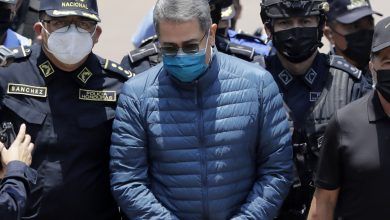
The Rural Electrification Agency (REA) has inaugurated a 550kWp solar hybrid mini-grid project in Bakin Ciyawa and Kwande communities, located in Qua’an Pan Local Government Area of Plateau State.
The project is set to electrify over 3,500 households, marking a significant step toward providing renewable energy to rural Nigeria.
The REA’s Managing Director, Abba Aliyu, announced the launch on Monday, highlighting that approximately 20,000 communities across the country are still without access to electricity. The mini-grid project, built under the Interconnected Mini-Grid Accelerated Scheme, is funded by a €11 million grant from the European Union and the German government, with more than 60% of the funding provided by these partners.
Aliyu, represented by REA Executive Director Doris Ugoh, explained that the project is a game-changer for both communities. Bakin Ciyawa now has a 390kWp system, while Kwande has a 160kWp system. The two systems will provide sustainable electricity to homes and support micro, small, and medium enterprises in the area.
Aliyu further emphasized that the project is part of a larger initiative to provide renewable energy to rural communities across Nigeria. He revealed that the government, through the REA, is currently working to energize 3,700 communities in phases, with 100 communities per state. The first phase will cover 925 communities and introduce over 92MW of clean energy.
In addition to its impact on rural development, the solar mini-grids will have a positive environmental effect. Aliyu noted that the Bakin Ciyawa and Kwande systems will reduce an estimated 600 tons of CO2 emissions annually, equivalent to removing 130 cars from the road or planting 15,000 trees each year.
While the REA continues to expand its efforts, Aliyu pointed out that over 20,000 communities remain without electricity, and 10,000 more have already been mapped for future electrification.
The project is part of the broader goal of expanding Nigeria’s mini-grid market and providing clean energy to underserved areas. With the support of development partners like the European Union, German Cooperation, and GIZ, the REA aims to reach 125,000 beneficiaries across Nigeria’s six geopolitical regions.
Plateau State Governor Caleb Mutfwang, represented by Commissioner for Tourism Cornelius Doeyok, praised the initiative, acknowledging the state’s investment in electrifying rural communities through a N1.2bn counterpart funding. He emphasized the positive impact of electrification on local health clinics, enabling better storage of medicines and supporting preventive healthcare.
German Ambassador Karin Jansin also expressed her country’s commitment to the project, noting its importance for both Plateau State and Nigeria. She highlighted the potential for job creation in agriculture, industry, and other sectors as a result of the mini-grid’s introduction.
For the communities of Bakin Ciyawa and Kwande, this marks the first time they have access to electricity. A local representative, Hubert Isa, spoke on behalf of the residents, expressing their gratitude for the project, which he described as a symbol of development and hope for the future.





